I Was Convinced That Taking My Own Life Would Make My Family’s Life Better
updated on Sep 20, 2017
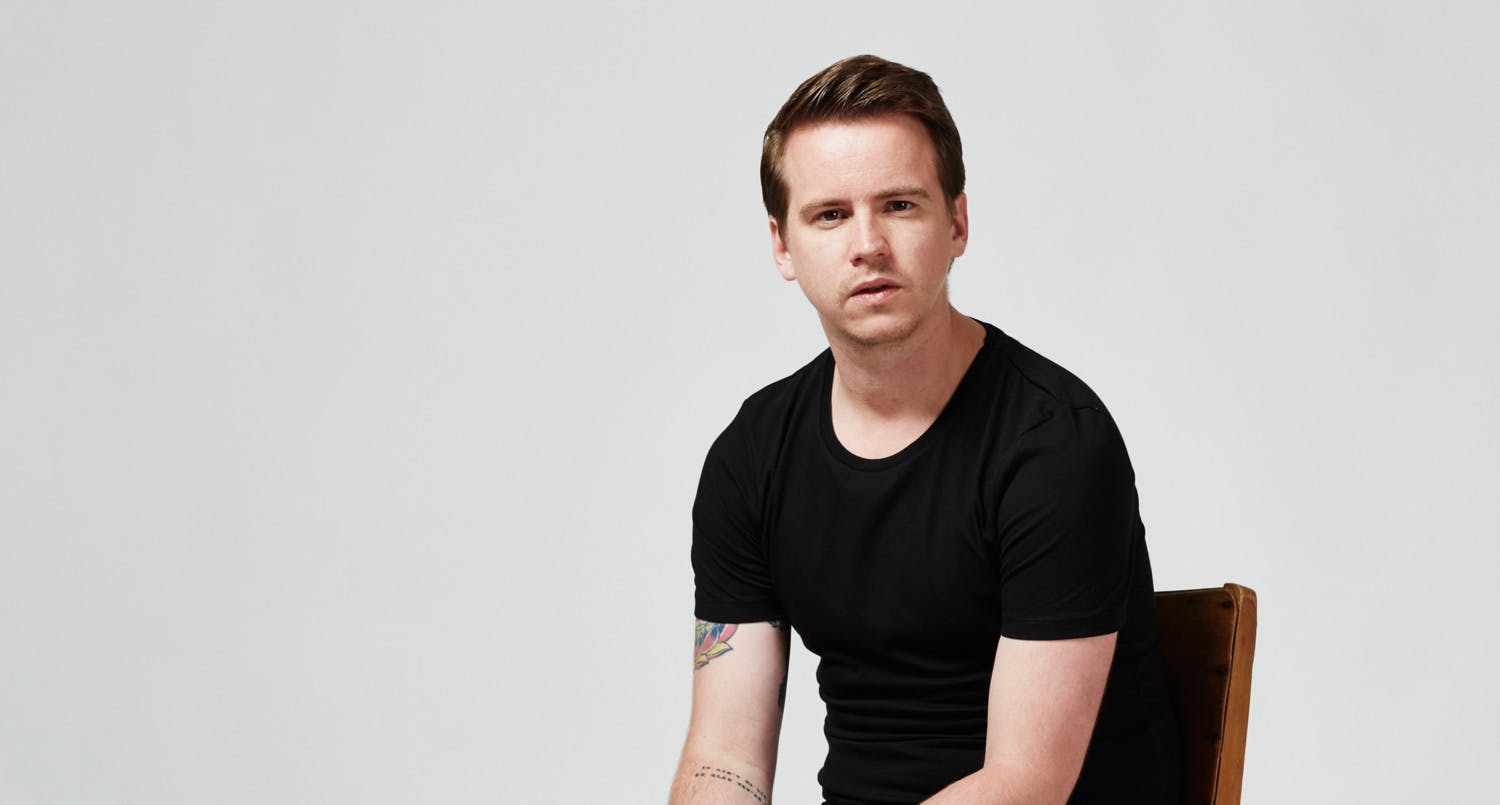
Jake Mills suffered depression alone, and in silence. Through talking and sharing, he gained the strength – and the vision – to help tens of thousands of people in the same situation
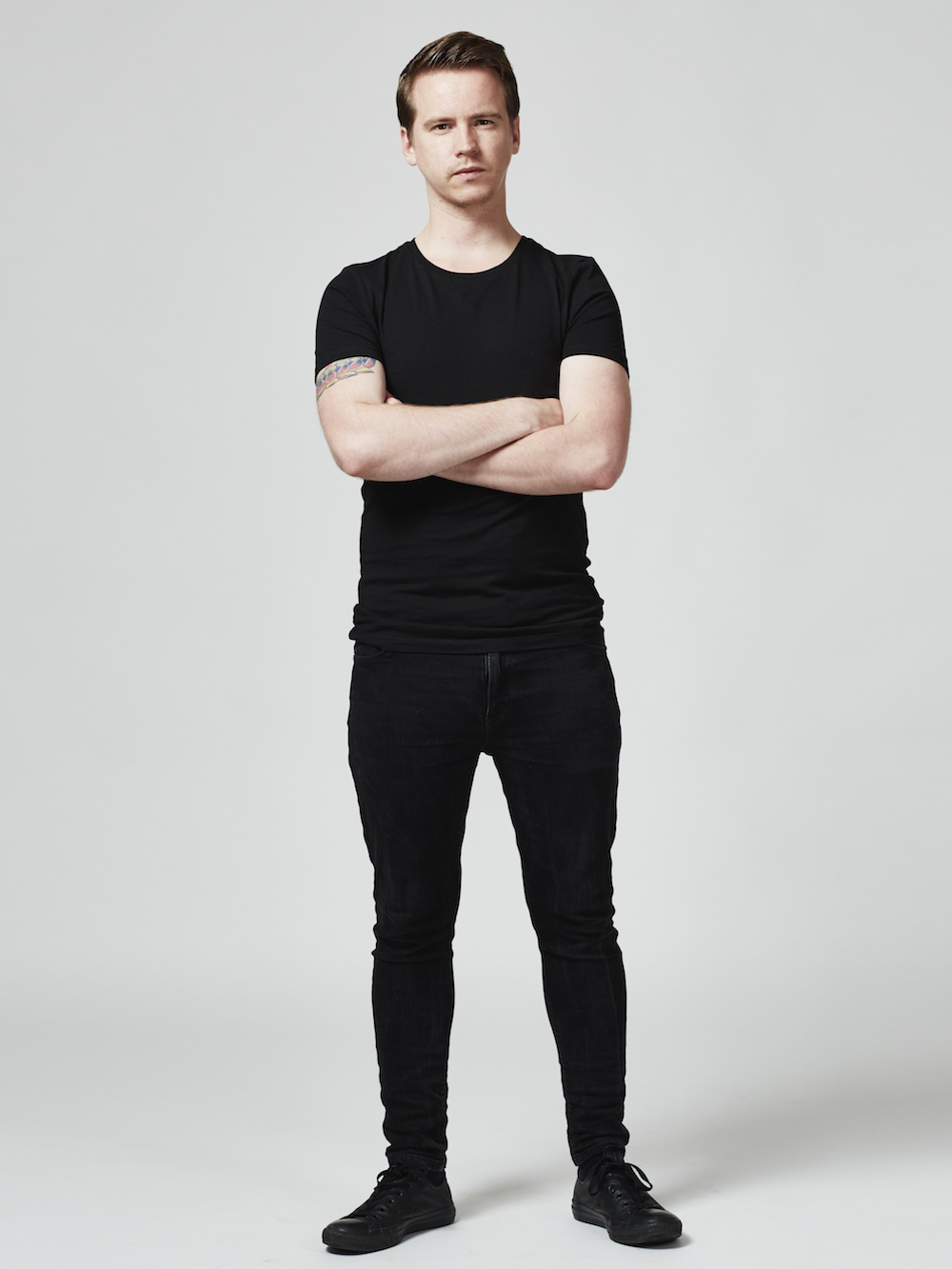
Jake Mills
I didn’t think I would ever be someone who talked about being depressed. I certainly didn’t think I would be someone who tried to take their own life. But, after depression got me and turned my life upside down, I didn’t really feel like I had any control.
I didn’t know what depression was, never mind that I had it. I didn’t know it was treatable. I didn’t know there was a way through it, or that there was an alternative to the internal hell I was living. But then, why would I if nobody had ever taught me?
If nobody had ever sat me down as a child or an adult and said: “Listen, life can get tough and sometimes it can affect your health.” Or if nobody had ever reassured me that, “If that happens, it’s OK. There are ways to work through it,” then how would I ever know?
That’s the issue we face. Every person in the world has mental health, and just like our physical health, our mental side is likely to suffer from time to time. The difference is, if we become physically ill, we know the process to get better, we trust that it’ll work and that we’ll be taken seriously. If we become mentally unwell, we don’t know, and we certainly don’t trust the process.
I suffered alone, in silence. I was convinced it was nothing more than growing up and taking on responsibilities. This was life and I had no choice about it.
I felt a burden to my family, to my friends. I didn’t want them to worry about helping me because I didn’t think I could be helped. The more they'd ask what was wrong, or offer to help, the more it would push me away. The guilt I felt thinking that their lives were being affected by a hopeless, pathetic excuse of a man like me, made me want to cut myself off completely.
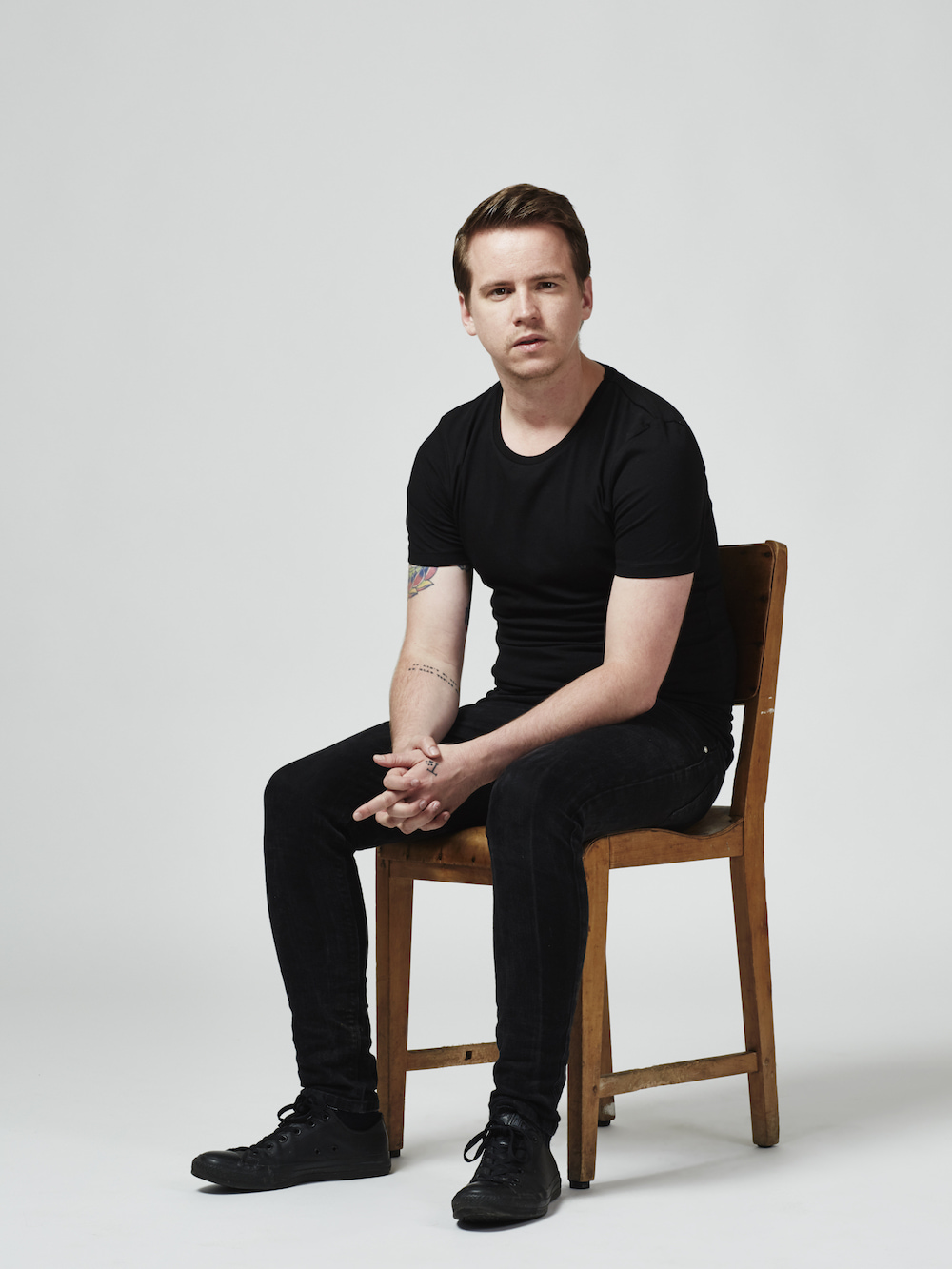
I felt so alone, despite the support around me. I’d never thought about suicide before. I’d had what could be best described as dark thoughts, like looking over the side of a bridge and realising how easy it would be to jump. But they were never anything more than a slightly distorted imagination.
Until one day when everything became too much. After months of trying to hear a clear thought, I got one; it was the answer to everything and so obvious, I couldn’t believe I hadn’t thought about it before. “Kill yourself.”
The more I thought, the clearer it became. I had no reason to doubt, so I did it. Or at least I tried. I’d never prepared for it so I had nothing to hand. No weapons or drugs. I found a CD, which I snapped and used to cut my wrists.
"I felt a burden to my family"Half-way through, I was stopped in my tracks by a little boy walking past with his dad. I didn’t want him to see me, but as soon as he was out of sight, I continued. At that moment, my girlfriend came around the corner and found me before it was too late.
Sitting alone in my car with the clearest thought I’d had in months, I thought about my family. I thought about my mum. I thought about my girlfriend. I was utterly convinced that if I was to take myself out of the equation completely, their lives would be better.
They’d be sad at first, but after the funeral they could get on with their lives without me dragging them down. I honestly thought it would be the best possible thing for them.
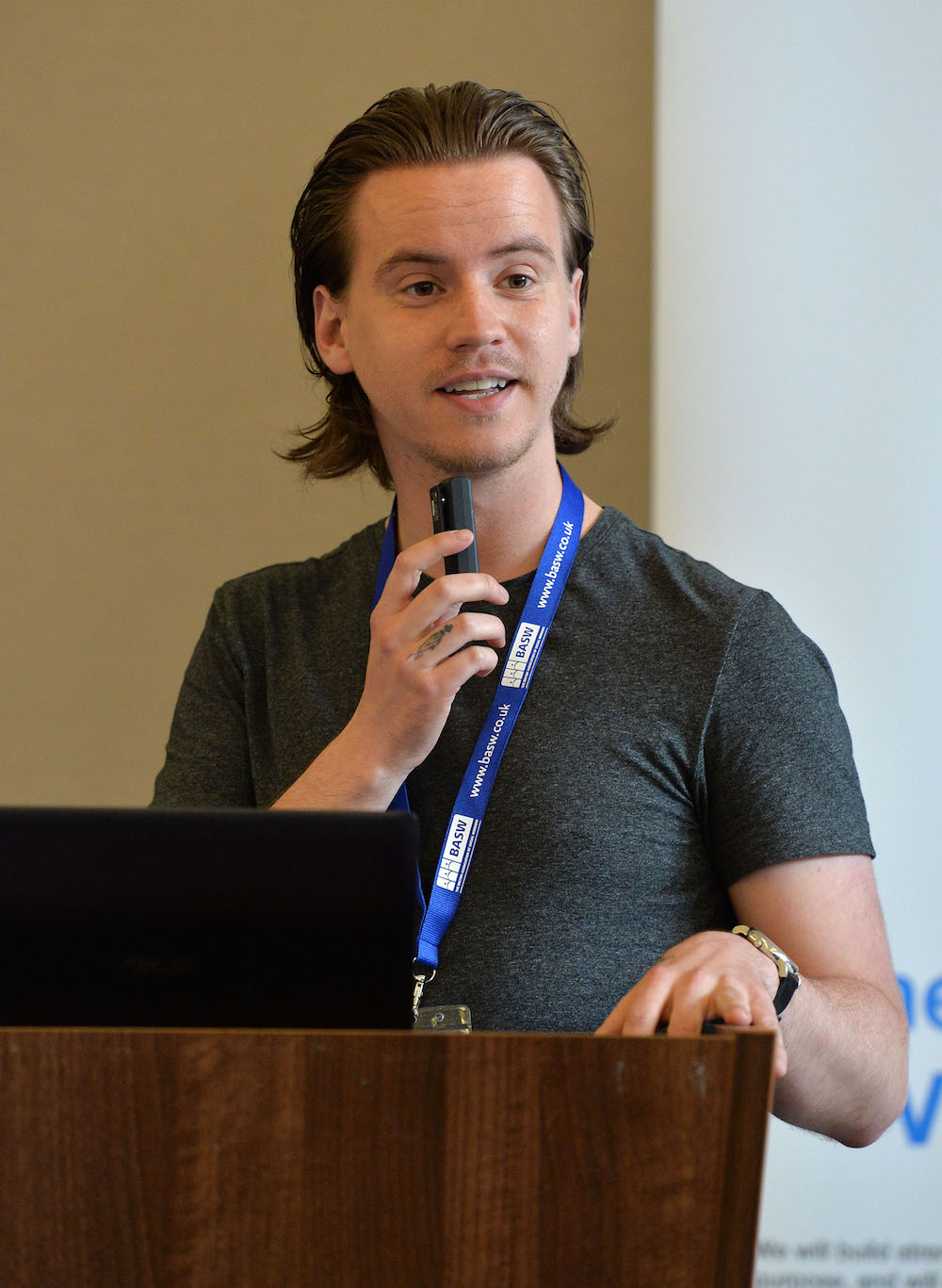
I spoke out about my experiences on social media purely because, after living with secrets for months, and telling lies to everyone, I didn’t want to hide any more. Keeping things hidden is what made me sick in the first place, so if I was to really recover, I felt I had to release it all.
Nobody should feel obliged to speak publicly about their mental health difficulties. Although I’d always encourage people to speak to someone, it doesn’t have to be on social media for the world to see!
"Keeping things hidden is what made me sick in the first place"
After speaking about my experiences, I was contacted by so many people telling me that they’d felt the same. My story was picked up in the press, and the more coverage it got, the more people came to me asking for help. I realised that I had a responsibility. My story could help others but, more importantly, rather than just talking, I had to do something.
I realised that millions of people are going through the exact same thing at the exact same time, each feeling they’re the only one. Not only that, they don’t know what to do about it. I also started to learn about the thousands of charities and community groups across the country, all offering life- saving support, whether counselling or a cuppa and a chat, but not enough people knew about them. I know about them now, but not when I needed them. Help was too hard to find. There was no joining-up of support; even the services didn’t know about each other.
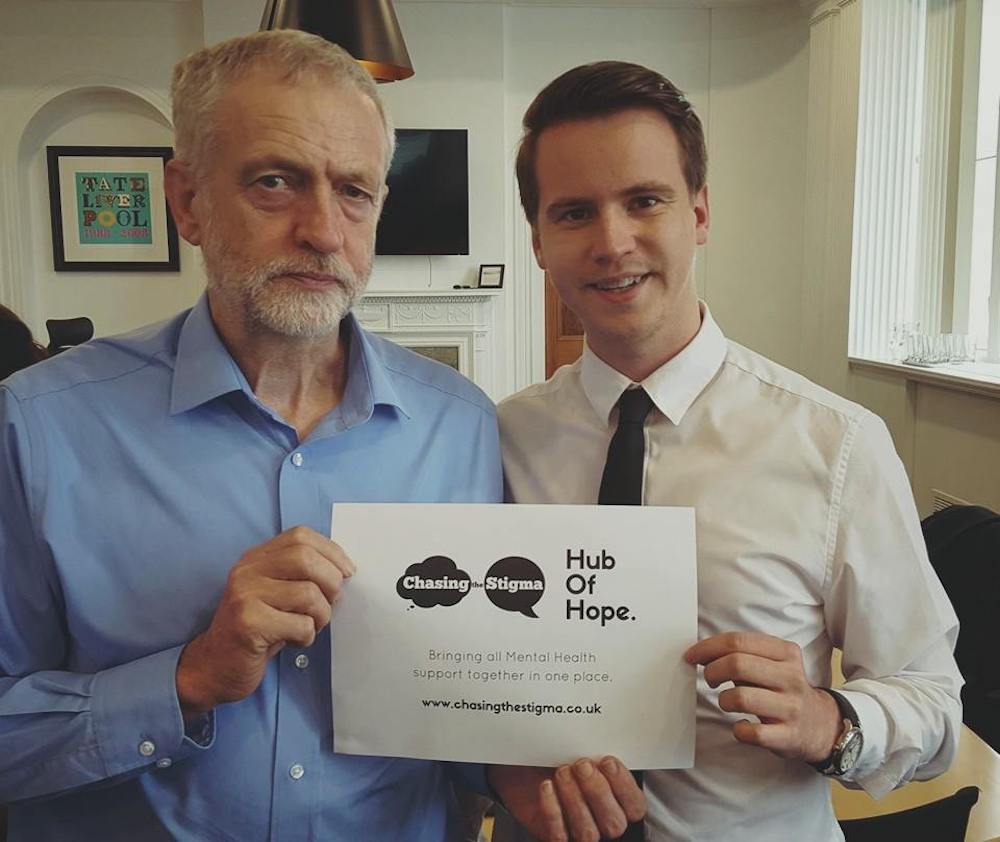
Jake and Jeremy Corbyn
Now, almost four years later, I have formed a mental health charity, Chasing the Stigma, and we have created a national database called the Hub of Hope.
It’s a place to go to find the support that’s around you, wherever you are in the UK. It’s there to prove that people are ready and waiting to support you. It isn’t there to replace doctors or counselling, but to work alongside them. It’s there for when you’re sitting on a waiting list or when you’re waiting for your next appointment. It’s there to say you never have to be alone. Because whatever you are feeling, whatever you are thinking, somebody else has felt and thought it, and there is always someone to talk to.
“What a powerful account of the horror of suicidal thoughts and actions. While we can never truly know the unique experience of another person, Jake’s realisation that he was not alone, and that no one is alone, was a key turning point. I urge anyone who resonates with Jake’s story to reach out. Why not use The Hub for Hope to find support near to you?”

Join 100,000+ subscribers
Stay in the loop with everything Happiful
